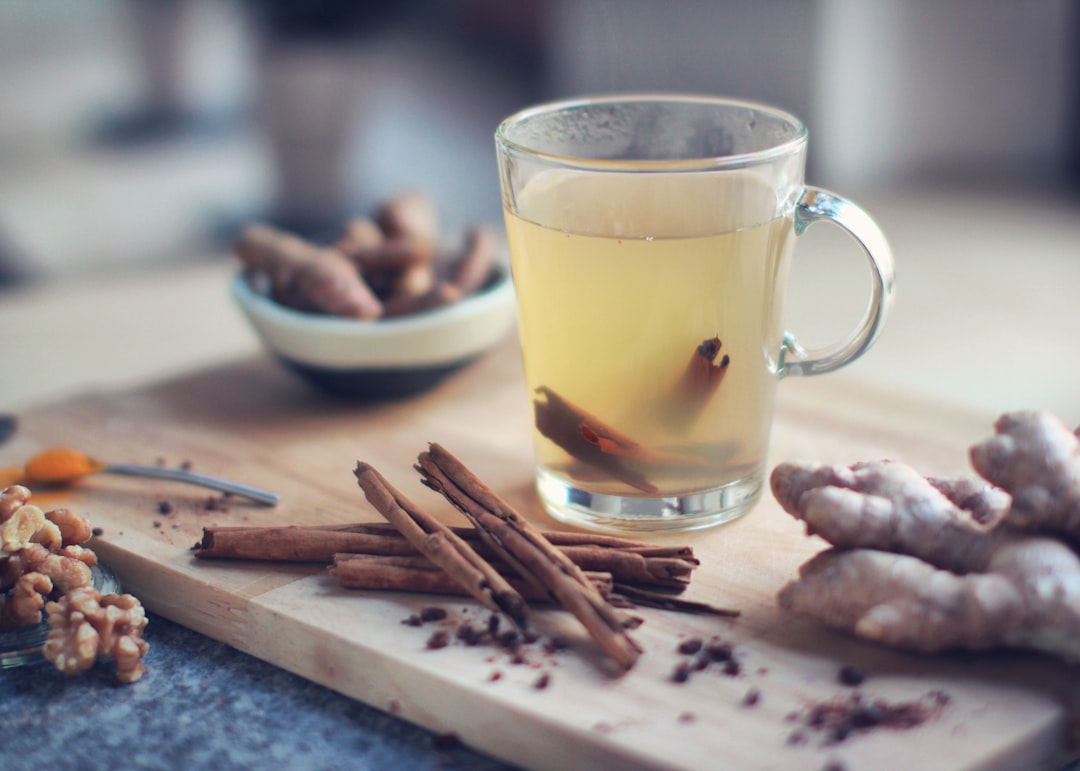What is it about?
It's about our diet. We do not yet know many facts about what happens in our body after we eat fruits, vegetables and cereals. These contain the so-called polyphenols that are plant-specific compounds. In our gut, polyphenols are cleaved in smaller units by billions of microbes (microbiota). These smaller units, called metabolites, can be absorbed from the colon (the last segment of the gut) into the blood.
Featured Image
Why is it important?
We have found that some polyphenols microbial metabolites can reach the brain. This shows that there is a chemical interplay between what we eat (fruits? vegetables?), our intestine and our brain. Some, though not all, metabolites can cross the blood-brain barrier. There is huge interest in understanding the selectivity of this barrier, to develop neuro-active drug or drug-like compounds.
Perspectives
We have now the basis to investigate the bioactivity of polyphenols microbial metabolites in simpler experimental models, such as cell cultures. We know which specific metabolites are worth being tested, and other useful experimental details.
Professor Sabina Passamonti
University of Trieste
Read the Original
This page is a summary of: Fate of Microbial Metabolites of Dietary Polyphenols in Rats: Is the Brain Their Target Destination?, ACS Chemical Neuroscience, August 2015, American Chemical Society (ACS),
DOI: 10.1021/acschemneuro.5b00051.
You can read the full text:
Contributors
The following have contributed to this page










